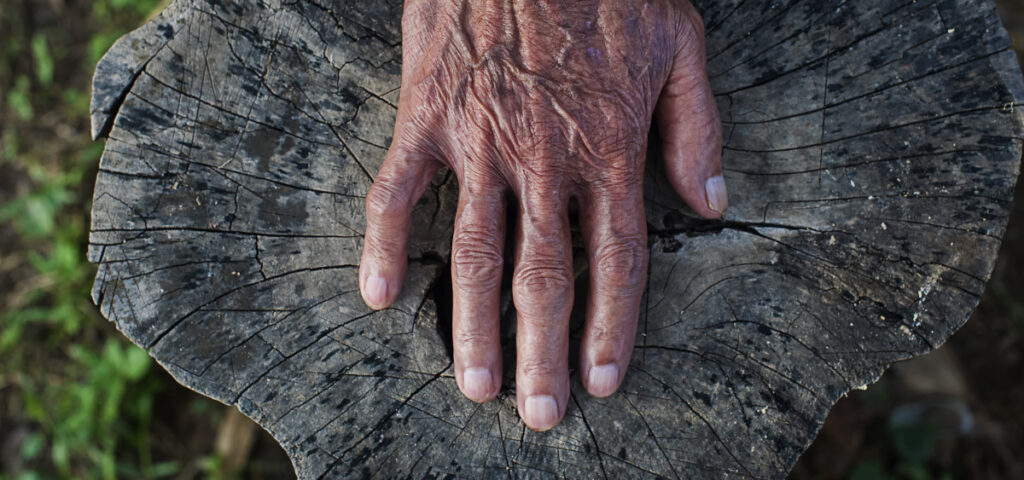In Quebec, as in the rest of Canada, Indigenous people living in communities (“reserves”) are subject to the rules of the Indian Act and other federal laws. This means that special rules regarding wills and estates apply to them.


The right to stay in the family home
The spouse of a deceased person has the right to stay in the family home for at least six months after the death. “Spouse” in this situation means someone who was legally married to the deceased person or who had lived with them for at least a year. The surviving spouse has this right – whether or not they are Indigenous or belong to the First Nation in question.
Inheriting the family home or half its value
A First Nation can adopt rules for what will happen with the family residence and land situated within the community when someone dies. However, if no such rules have been adopted, federal law applies. Federal law permits the surviving spouse to claim half the value of the family home and, in some situations, a part of the value of other land of the deceased spouse in the community.
This right to half the value of the family home applies regardless of what the deceased may have written in their will and regardless of general rules that determine who may inherit when a person dies without a will.
However, the surviving spouse can instead choose to benefit from the provisions of a will (if there was one) or to inherit according to the rules of federal law (if there was no will).
Important: If the surviving spouse is not a member of the First Nation, they cannot inherit the home or lands within the community. This is the case even if the deceased left the spouse these properties in a will. Instead, the surviving spouse will receive the value of such properties after they are sold.
The will – an important tool
Like any adult in Canada, an Indigenous person can make a will either on their own or with the assistance of a legal professional.
In general, an Indigenous person can leave their property to anyone they choose. But some exceptions apply, notably the rules mentioned above about the family home and land in the community.
What if there’s no will?
If an Indigenous person living in a community dies without a will, the law determines who has the right to inherit from their estate.
If the deceased had a spouse, and the estate has a value of $75,000 or less, the surviving spouse will inherit the entire estate – even if the deceased also left children. If the estate has a value of more than $75,000, and the deceased left both a spouse and children, the children can inherit some of the portion of the estate that exceeds $75,000.
|
Important These special rules apply to the will and the estate of an Indigenous person who is registered under the Indian Act, resides in an Indigenous community and is not Inuk, Naskapi, Cree or Métis. If the deceased person did not meet all the above conditions, the Civil Code of Quebec rules apply instead. A band council can adopt specific rules for family homes and family property. Such rules will apply within the band’s community. This article deals only with the general rules of federal law. |
On the same topic:
Rights of a Spouse or Partner to the Home and Land After a Death
Dying Without a Will While Living in a Community
What to Put in a Will: Considerations for Indigenous Communities







